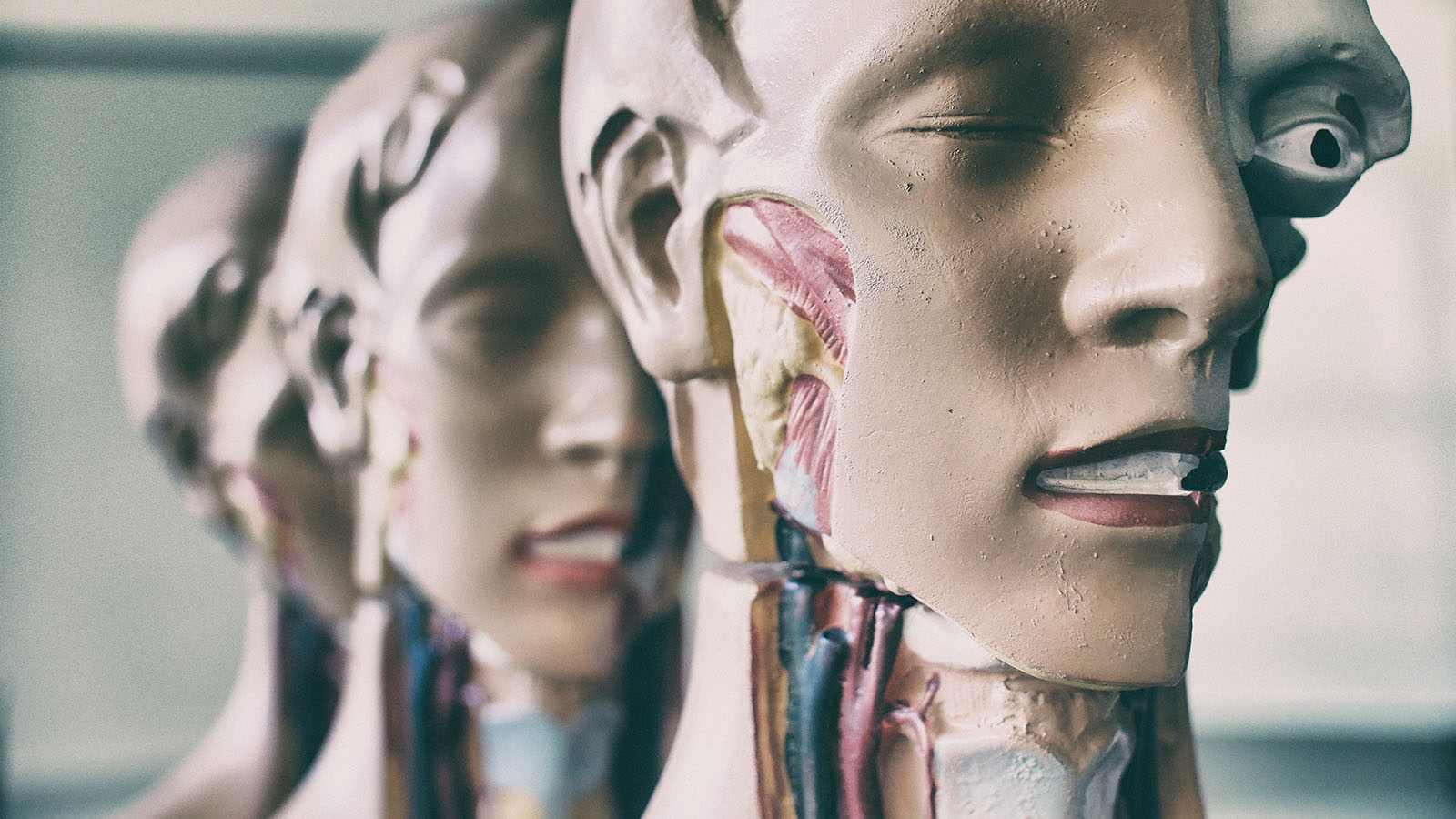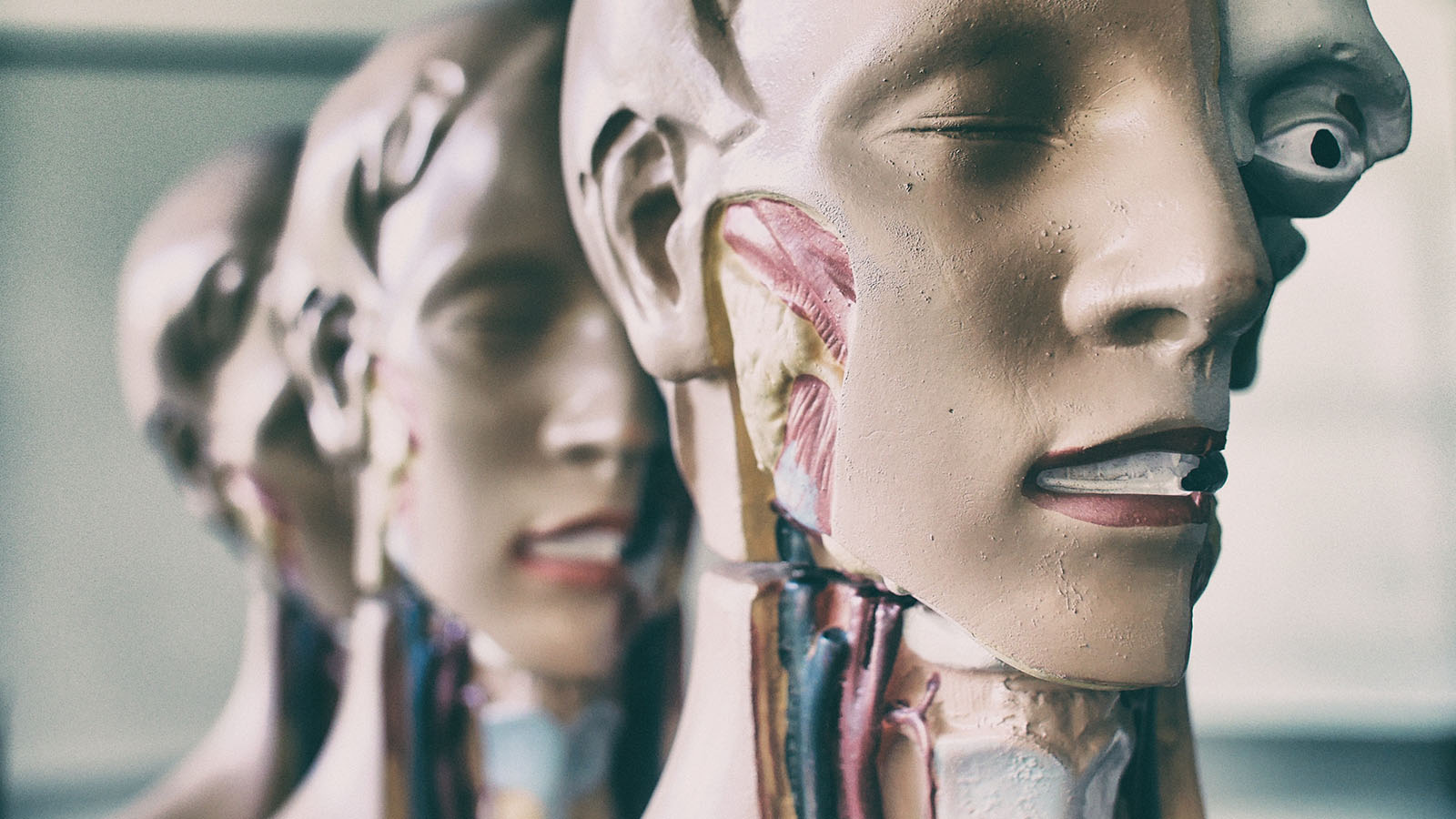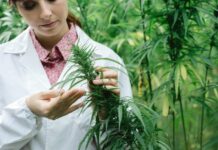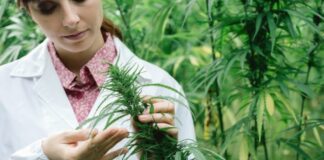
Since DNA testing was invented in 1984, results have helped identify human remains, exonerate murderers, reveal thousands of people’s ancestries and even stop counterfeit Super Bowl footballs.
But could DNA also indicate how humans interact with cannabis?
“What’s fascinating is that the way people respond to cannabis medicine is unique,” said Dr. Bonni Goldstein in an interview with Marijuana.com. “Two people with the same condition have different endocannabinoid systems and therefore, a different way of responding to cannabis. Part of that is the understanding that your endocannabinoid system is coded in your DNA and the way that cannabis interacts with that is as unique to you as your fingerprints.”
The endocannabinoid system (ECS) is a catchall term for a series of organic compounds (endocannabinoids) and receptors that respond to cannabinoids, such as THC and cannabidiol (CBD), to produce a certain effect, such as hunger, pain relief, or alertness. These systems are unique from individual to individual, which means that two people could use the exact same cannabis product and experience different effects.
And what drives this diversity, for the most part, are genetics.
If the Genes Fit …
Today, DNA testing companies are trying to provide cannabis consumers with information on what is in store when they indulge or medicate with cannabis.
Dr. Charles Sailey is the medical director of Melixgx, a genetic testing company that grew out of pharmacogenetics, or a way of looking at how human bodies metabolize drugs and the genetic components of the person dictating those reactions. When Sailey and his team realized that THC and CBD, as well as other cannabinoids, were really just pharmaceutical drugs of another feather, they decided to apply their expertise in pharmacogenetics to cannabis.
“There are receptors in the brain and throughout the body that THC, CBD, and potentially terpenes bind to and create an effect,” Sailey said. “If you have an alteration in your DNA, they won’t respond the way they’re supposed to. It’s just like people who take anti-depressant medication for serotonin — it works for some and not for others because of variants in their receptors.”
After years of research, Sailey and his team found that they were able to make predictions based on someone’s DNA about their responses to cannabis for pain, anxiety, and insomnia, and launched their CannaGx Test. Based on a handful of swabs from cheek saliva, they are able to generate a highly personalized report that includes reactions to cannabis, potential side effects, and potential drug interactions between marijuana and medications. But for Sailey, one of the most important aspects of the research is its potential to help curb the opioid epidemic.
The endocannabinoid system determines how humans experience the effects of marijuana. Experiences can vary among individuals, and testing companies are offering to analyze DNA to give consumers guidance on how a consumer might respond to cannabis.
“This is a truly serious issue,” he said. “For many people, cannabis is a very safe alternative for pain management, so we not only test genes for cannabis, but we test the genes that dictate how a person responds to opiates and factor that into our recommendations.”
Similar to Melixgx, Endocanna Health, which launched its Cannabinoid DNA Variant Test in July 2018, uses DNA testing to help determine how genetic architecture may interact with cannabis.
“It’s not 100 percent perfect, but our job is to help guide people in the right direction,” said co-founder Len May. “We look at ourselves as a GPS system — we can tell you, ‘This road over here has a traffic jam on it and this road over here does not.’ It doesn’t guarantee there won’t be some potholes along the way, but it’s a much better guide than guessing what’s right, wasting your money, and having a negative experience.”
Once Endocanna sequences genes, it aligns products with suggested cannabinoid ratios and geolocates them to take the report to a dispensary that can match the recommended profile.
“We feel that every single person planning to consume cannabis for whatever reason, should do their genetic profile the same way it’s ideal to do a health profile to figure out if you have any predispositions,” May said. “Also, all the legislators, everyone who’s implementing cannabis laws, must insist on doing quantitative PCR [polymerase chain reaction] testing the same as in the food industry. This will reveal not only the present pesticides, which is really important, but the cannabinoid ratio of every single product and its terpene profile.”
Values of Testing
While DNA testing is still in its nascent phase, is it beneficial to test your genes when there is no genetic testing applied to the thousands of products on the market?
“Right now, no one ever knows what they’re getting,” said Phylos Bioscience co-founder and CEO Mowgli Holmes. “People go by strain names, which are wrong most of the time, so when a patient finds something that works for them, they can’t ever get it again. But if we start to have more plants uniquely identified, that will be very valuable in terms of having the kind of consistency and repeatability any product should.”
Based in Portland, Oregon, Phylos is an agricultural genomics company that offers a suite of genetic testing solutions that enable cultivators to select optimal plants for breeding, establish a stable seed line, or develop and improve a variety. In Holmes’ opinion, it is the job of the cannabis industry to figure out what combinations work best for what people and ailments and what particular plants work better for which people and what ailments. But, he cautions, this is much easier said than done.
“Research on this stuff has been illegal forever and the western medical system is all about one molecule, one receptor; but when you use cannabis, you’re putting this whole soup of different related molecules into your body and they all interact and act differently depending on the molecules they go in next to … it’s just really, really complicated,” Holmes said, laughing.
“I’m biased here because my company sells a genetic test, but I think the only solution, on our side, is to identify plants, and on the human side, we know people have a few different mutations that can affect how cannabis interacts with them but we need to know more.”











